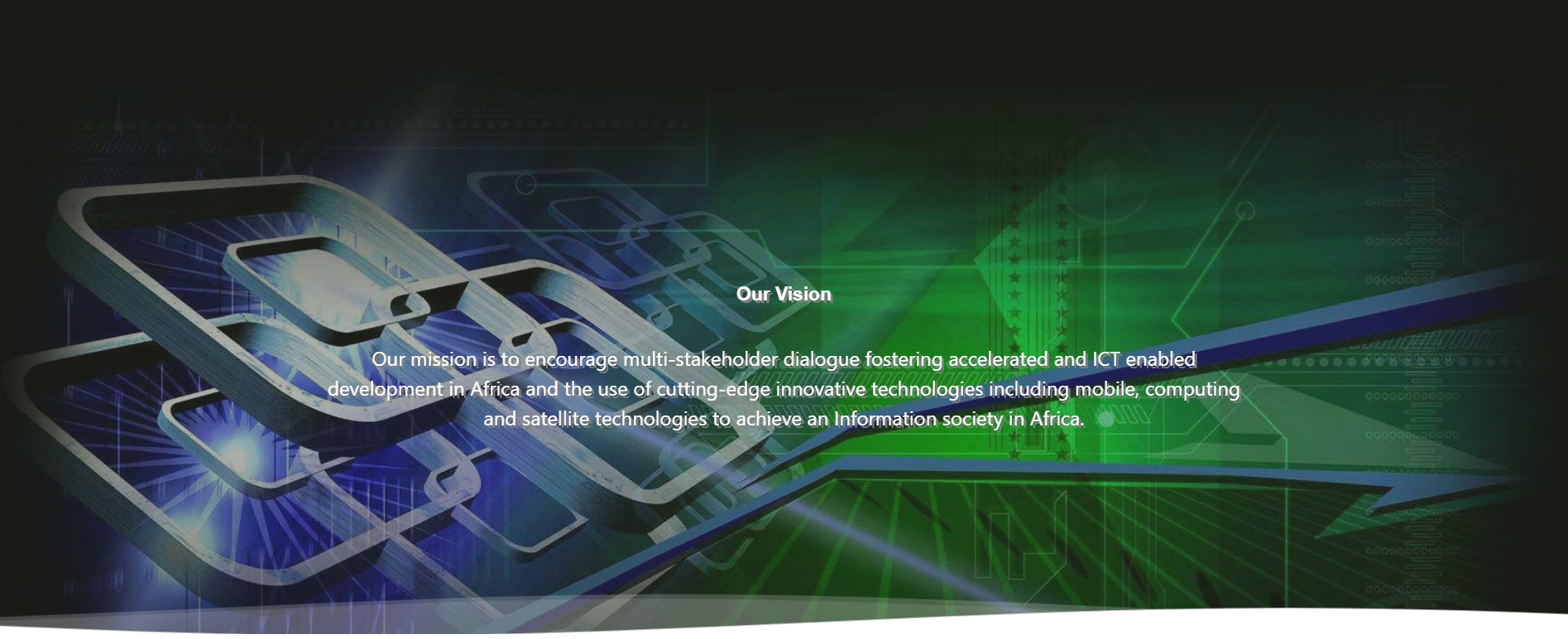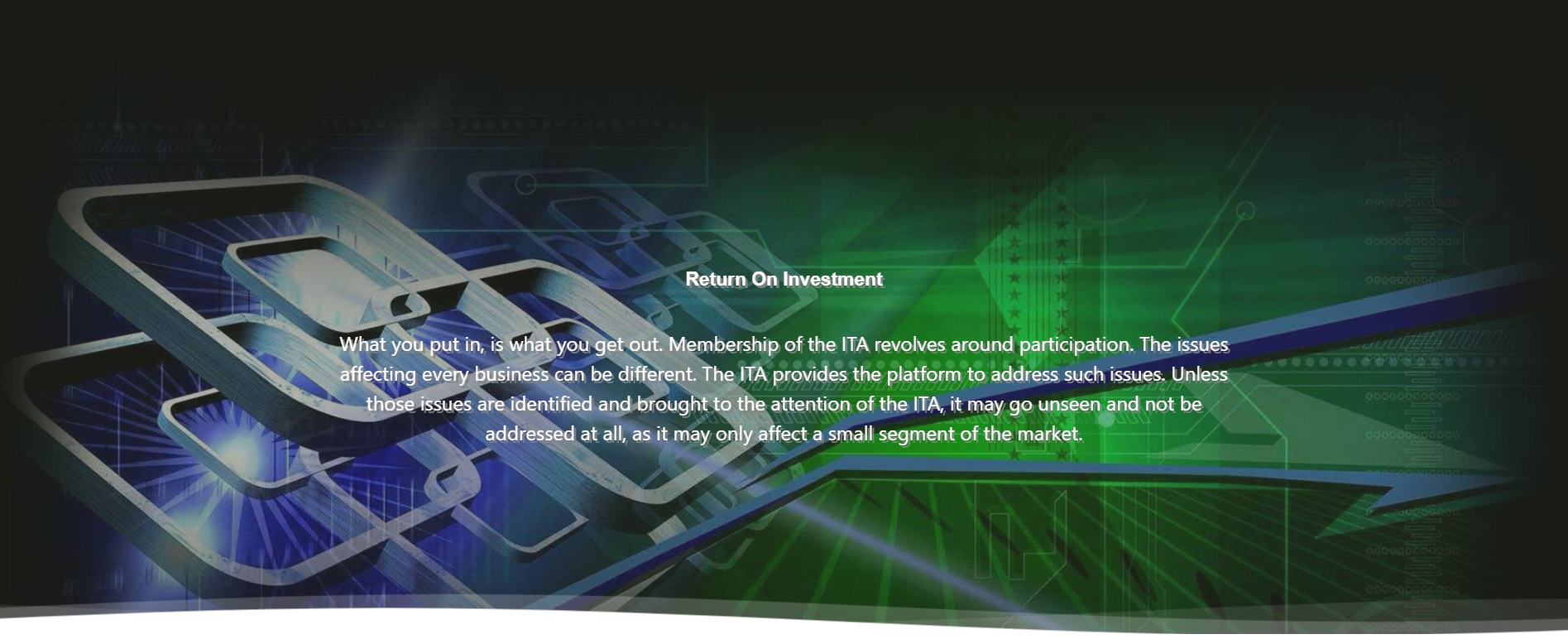Bringing the World Congress on Innovation and Technology (WCIT) event to South Africa will go a long way in ensuring the country and the broader African continent attract investments into the information technology sector.
The Information Technology Association (ITA), South Africa’s official trade and employer body of the information technology industry, is aiming to host the WCIT in South Africa as an African continental event in 2025.
Recently elected vice-chairperson of the ITA, Roger Latchman, says that to win the bid to host this magnificent event, the government and private sector need to work together with the ITA, to not only ensure they are able to bring this event to South Africa, but to also make it a success.
Last month, Malaysia hosted the WCIT 2022, which was the 26th edition of the World Congress on Innovation and Technology attended by about 4 000 high-level delegates. As one of the world’s largest and most prestigious ICT events, it features discussions with visionaries, captains of industry, government leaders, innovators and academics from over 80 countries. Latchman represented ITA at this recent event.
Reflecting on it, he says this is something we need to learn to be united, not only as a country and also as a continent. “Malaysia is very advanced from a technology perspective. There is no reason why South Africa and in particular Africa should not pursue a similar route in Africa for Africans. While we work with technologies from other countries, we should at the same time develop our own which we should take overseas,” says Latchman.
He concedes that WCIT requires a lot of money to host because it is a very high-level engagement. However, he maintains that South Africa has what it takes to pull it off with the support from the government as well as the private sector.
Meanwhile, Latchman, who was elected to the board of ITA at the beginning of September, also represented the organisation at the World Innovation, Technology and Services Alliance (WITSA) General Assembly where he was elected to be vice-chairman for Africa. He previously served as the deputy chairperson of this body from 2014 to 2016.
Commenting on the recent election, he said it was significant considering that there is new management in the international body. “My appointment to the board at a time when there is a re-awakening of WITSA is very crucial for South Africa’s IT industry. This is not only significant for South Africa, but the entire continent, as I have been appointed as the vice-chairperson of Africa.”
Towards the end of September, ITA hosted a meeting with African ICT Alliance (AFICTA), where they want to unite all 54 African countries to be part of the continental alliance as well as the global WITSA. “My drive is to ensure that all these associations from across Africa are part of WITSA. This will help unite us and bring the best technology from other continents into Africa for the development and advancement of all Africans,” Latchman said.
“We also want to use that as an opportunity to take products, services, technologies and innovation from Africa into the world. We must be able to have African products that can be exported to the global stage without necessarily replacing what already exists. We must be able to take products out of Africa which have been developed. An example would be for instance taking the financial service Mukuru to other parts of the world that have challenges with banking. WITSA provides a good opportunity to achieve that.”
Latchman says they have a very ambitious project where within a year, they would like to unite all 54 African countries to be part of WITSA so that they have a network of organisations they can reach out to across Africa. “We have already started on that by having a discussion with AFICTA, which has a few African countries that are members,” Latchman says.
Currently WITSA only has Egypt, Nigeria and South Africa that are members from Africa. Latchman says their challenge is to bring another 51 countries on-board. “If we are able to do that then we will be able to harness our strengths from an African perspective. Africa would also be represented on a global stage. Currently, Africa ranks very low on the global ICT scales. This is, however, not because there is no innovation in Africa but rather that the innovation does not get the attention it deserves,” Latchman concluded.
Share
Editorial contacts



